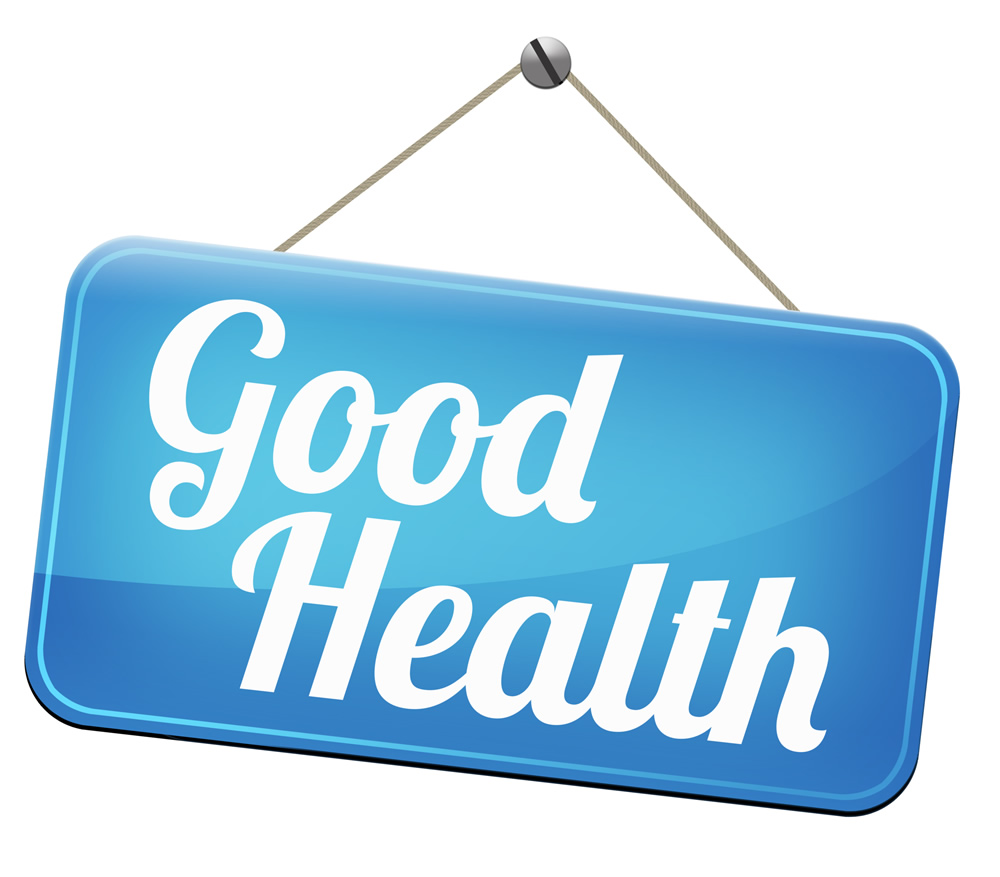Health and healthcare is going through major disruption worldwide. What this means for many people is that it is not clear how these changes will affect them. Advertising and marketing of products and services has become very sophisticated using the lastest UX customer experience data to predict patient behaviour and target customer concerns. We are bombarded with promises of immediate care, personalised medicine, value based medicine, patient centred medicine, telemedicine, home medicine. But the fact is there is little evidence in understanding effects of these claims on our health. Recent research shows that many services have been overused and a culture of over treatment and over diagnosis developed. However, ultimately the decision which medicine to use rests with the customer. And, the caveat holds true, buyer be ware, we need more information.
Choice, What Does it Mean for Patients?
The healthcare system worldwide is fragmented. How do individuals make informed buying decisions for modern medicine? Claims of efficacy have become sophisticated, it is challenging to evaluate information details from advertising on the internet for example ? On what basis are buying decisions made and what does this mean for us in the long term?
Modern medicine, or allopathic medicine as it is commonly known , has been in existence for just over 200 years, Eastern medicines has been in existence for thousands of years. They both have strengths and weaknesses. One the one hand while modern medicine is relatively new it has a growing body of evidence supporting many of their methods. It is extremely effective in emergency medicine and surgery. One the other hand the barriers for Eastern medicine are low and many unqualified people are able to open shop and claim they can perform therapies, which has little or no evidence for its efficacy. This dilutes the efficacy of Eastern medicines even though it has stood the test of time over thousands of years. Greater safeguards and checks are required.
Why Critical Thinking is Important
Which is best medicine for us and how do we know? This is a complex question but the onus is on us to check claims, spend time researching various medicines such as allopathic and alternative before we make up our minds. The key is asking quality questions. This often tests others who may not be knowledgeable about their practice, or either make exaggerated claims or give misleading information. It’s important not to take information at face value but test assumptions and seek evidence.
Finally develop a good sense of self-awareness and become more of a critical thinker. How do you know this is the best choice? These three questions are a good start and you can come up with more that you find useful. (1) What is the evidence that it works. (2) What other alternative therapies are available for the same condition (3) What is the root cause.
Rejuvency natural health provides Activities and Resources. Contact us to learn more

